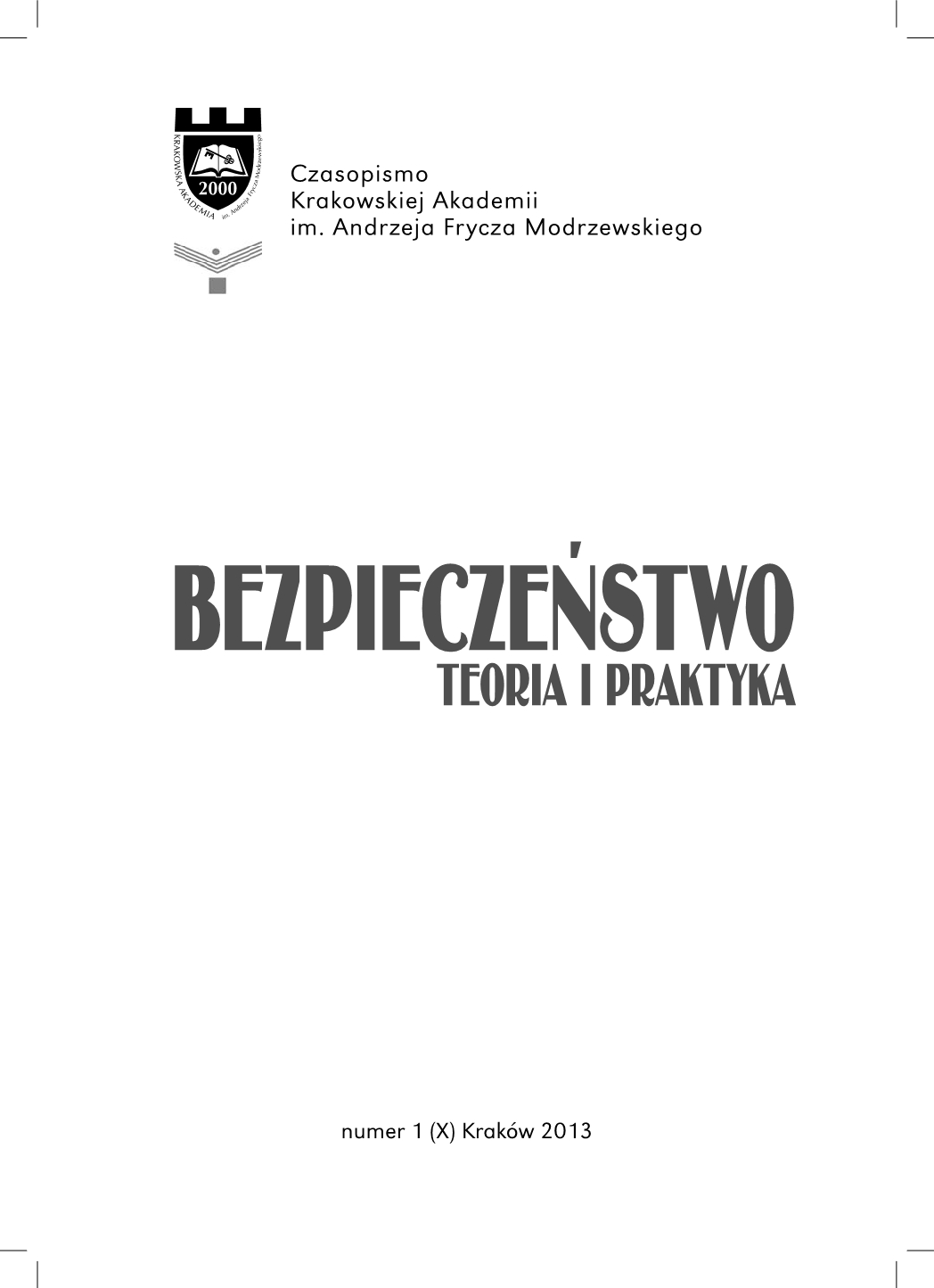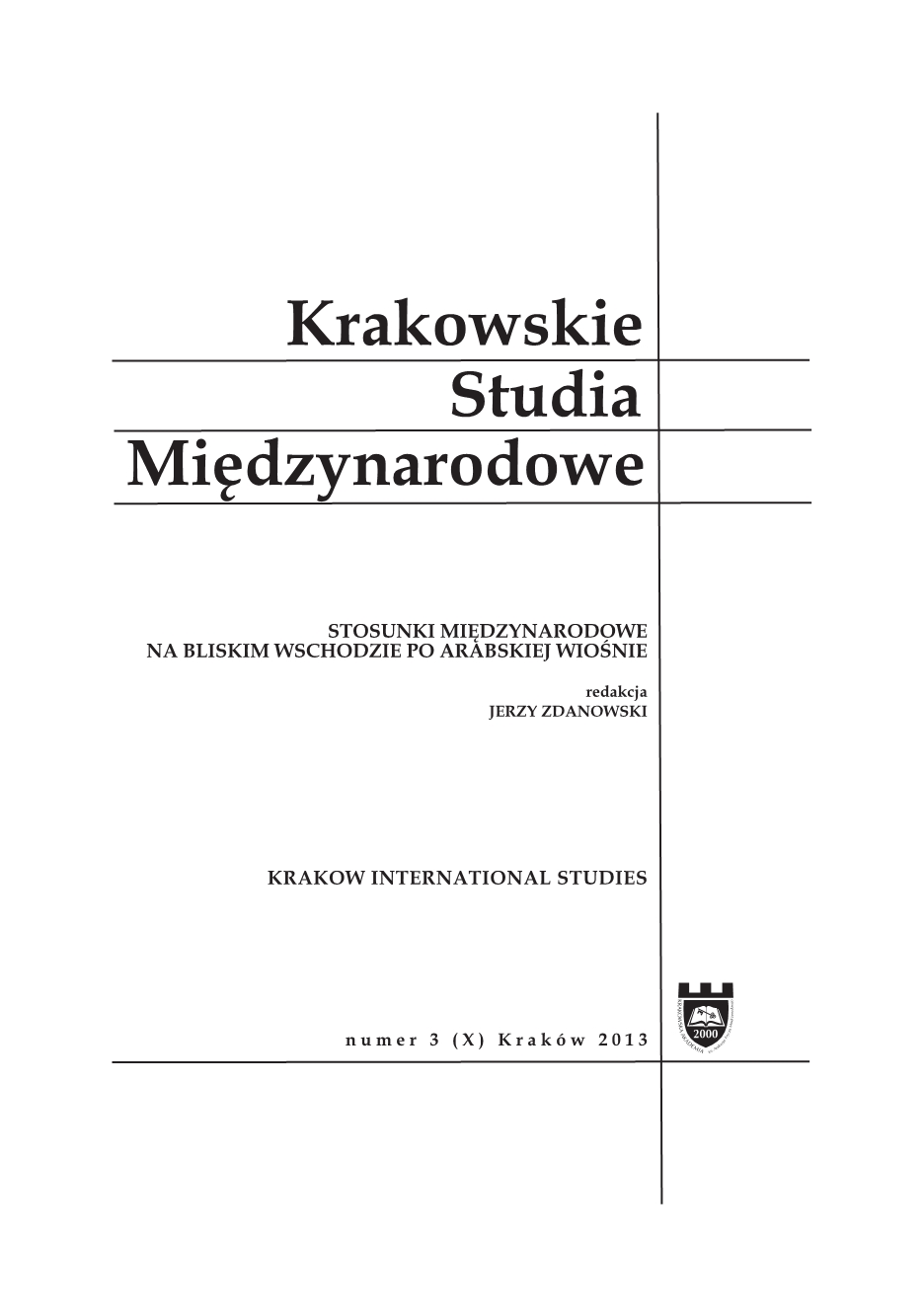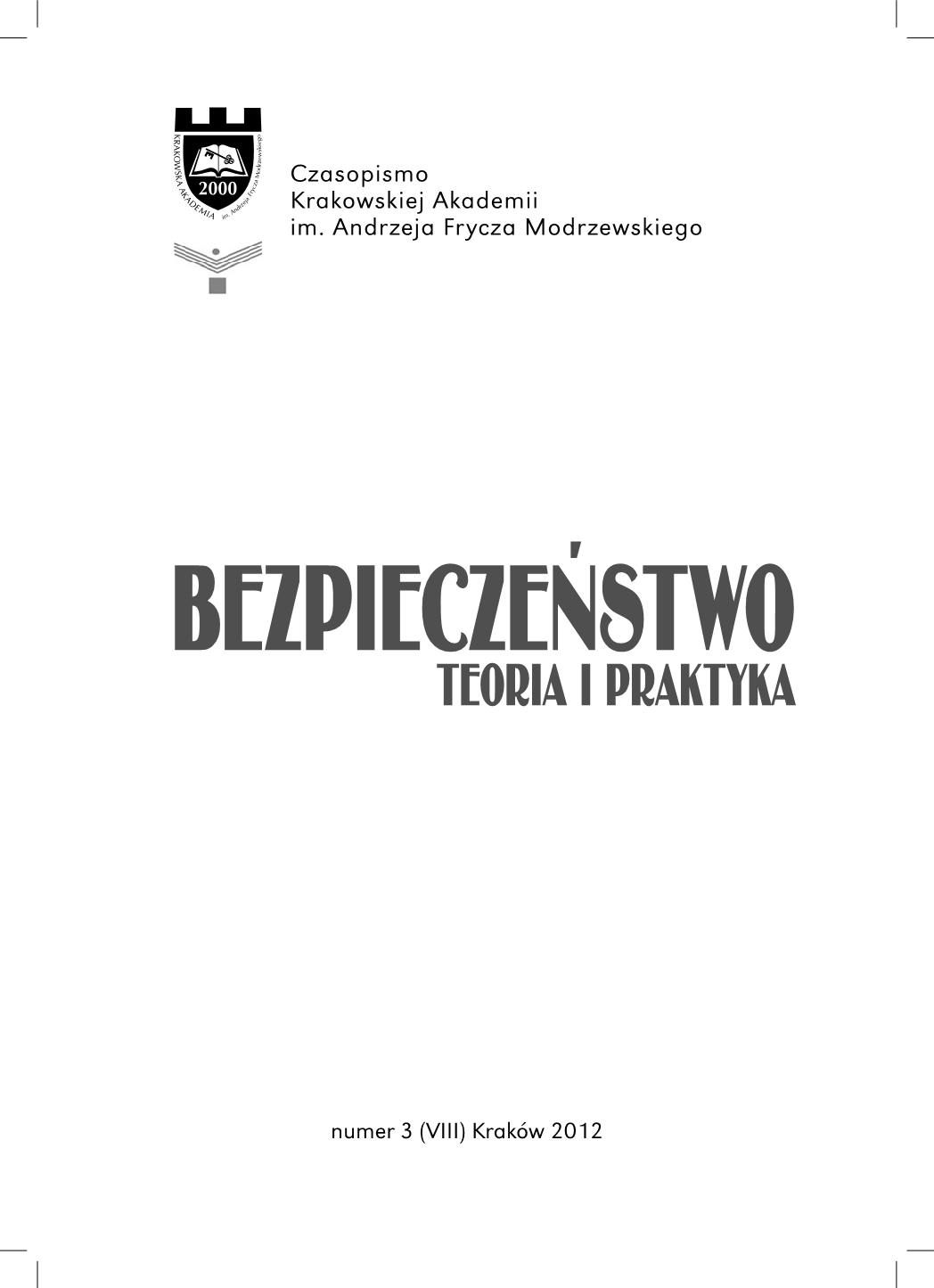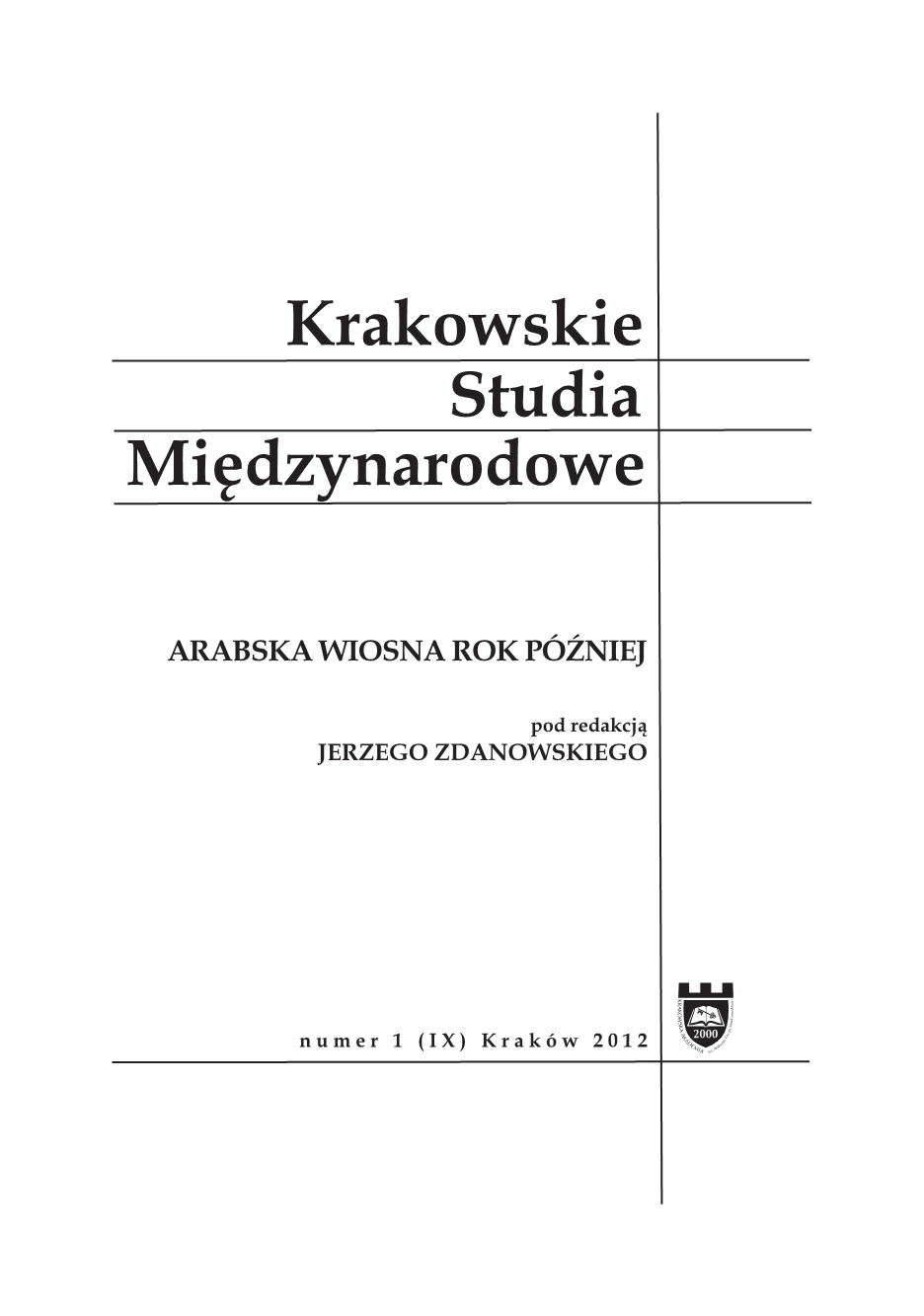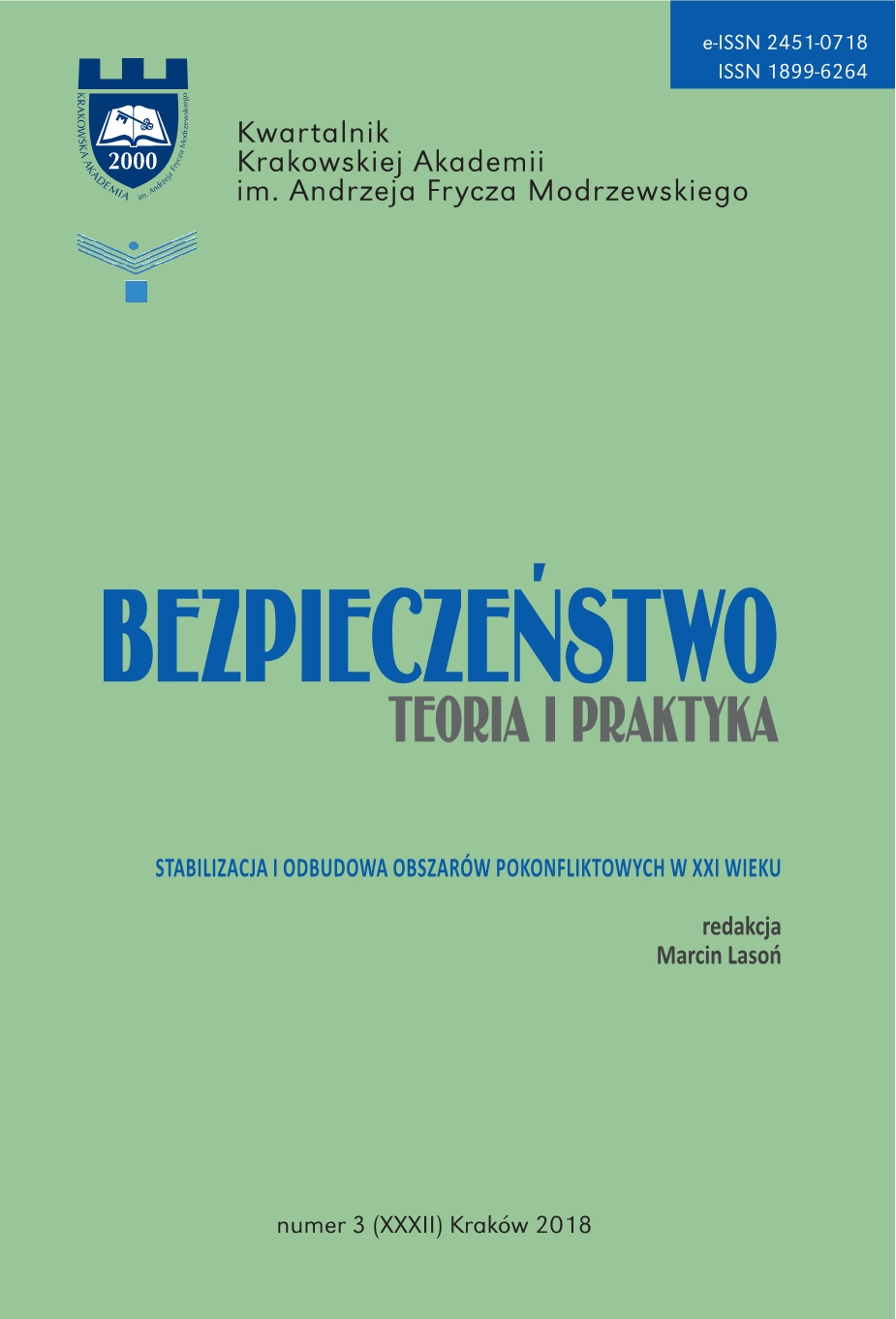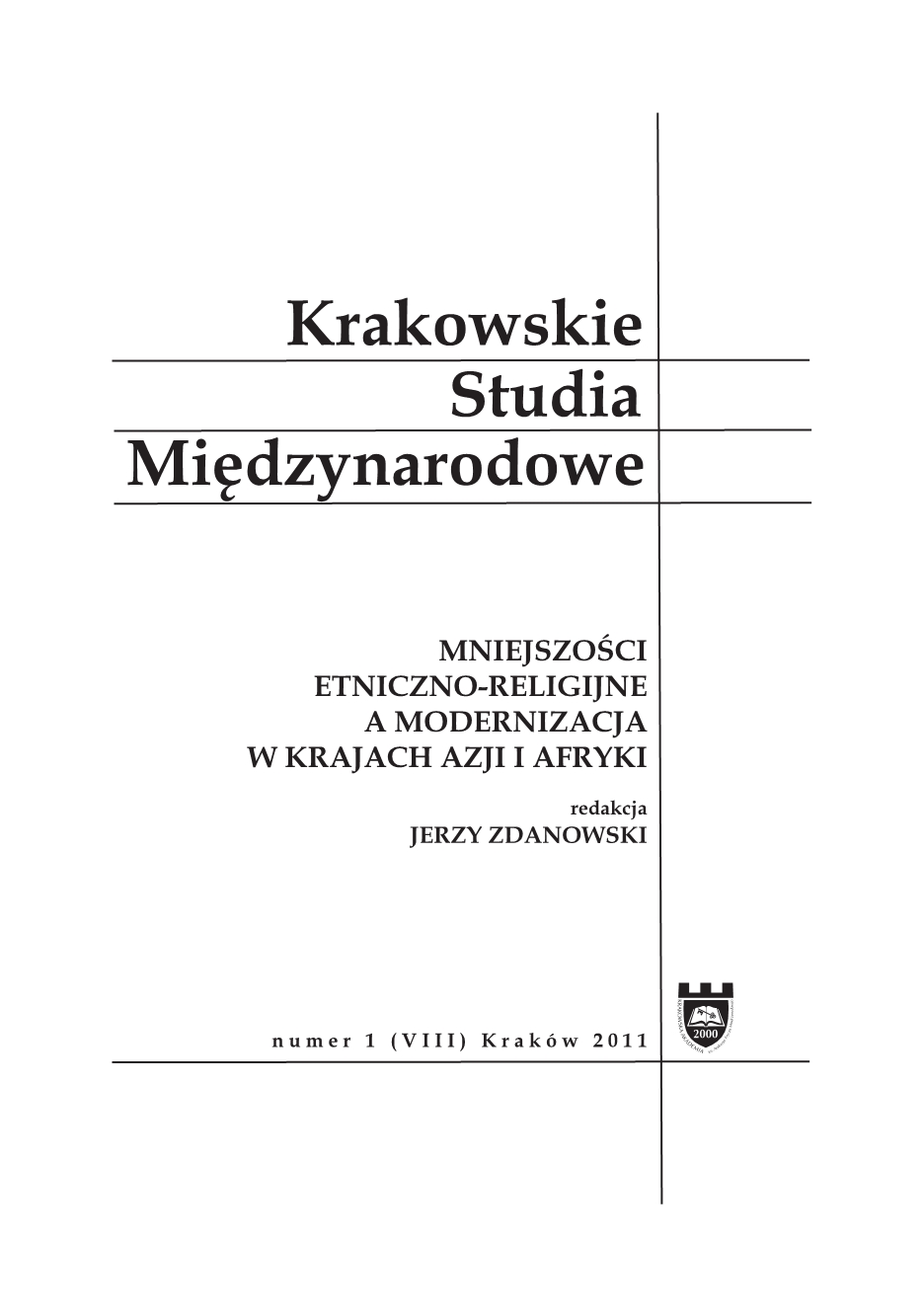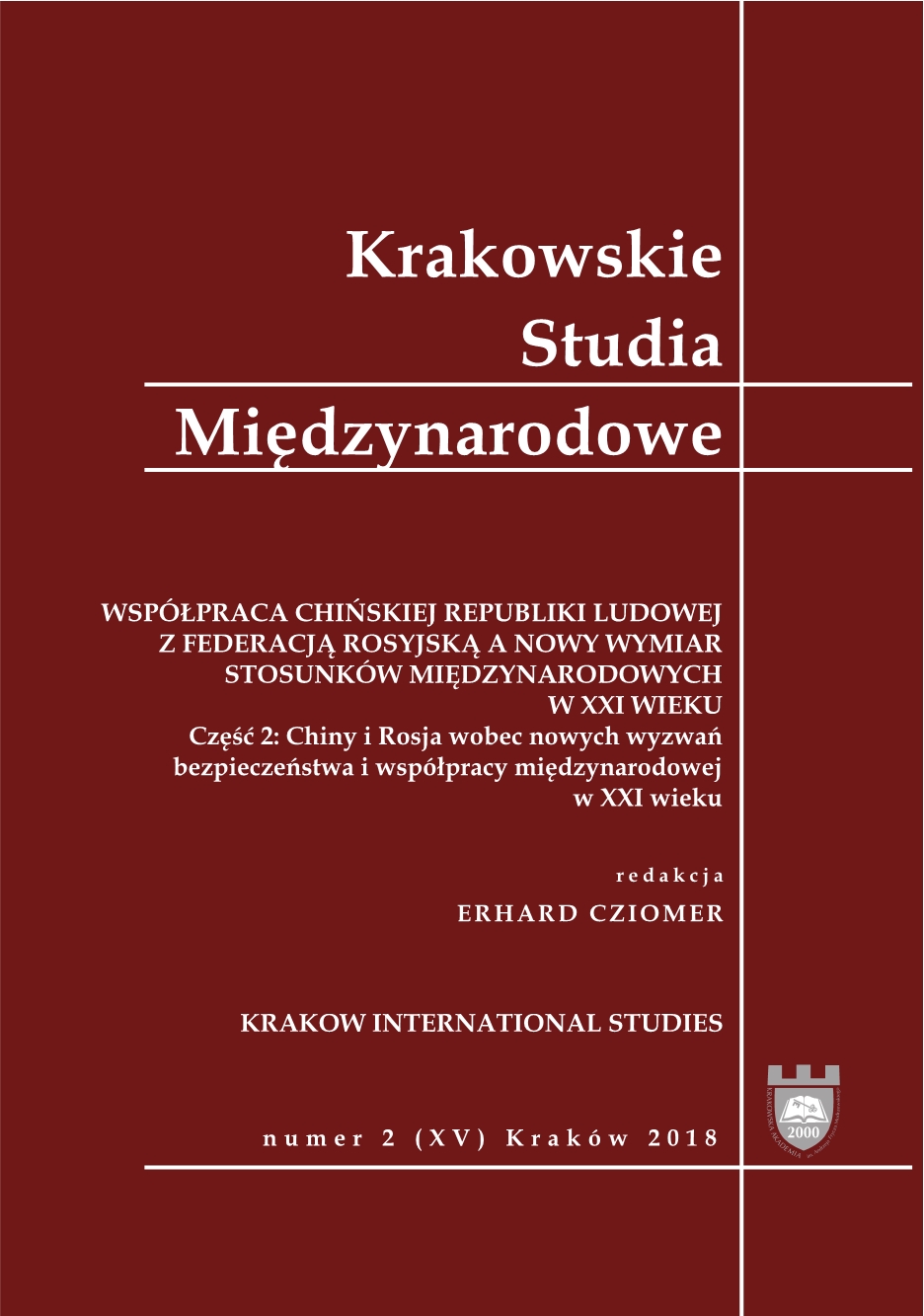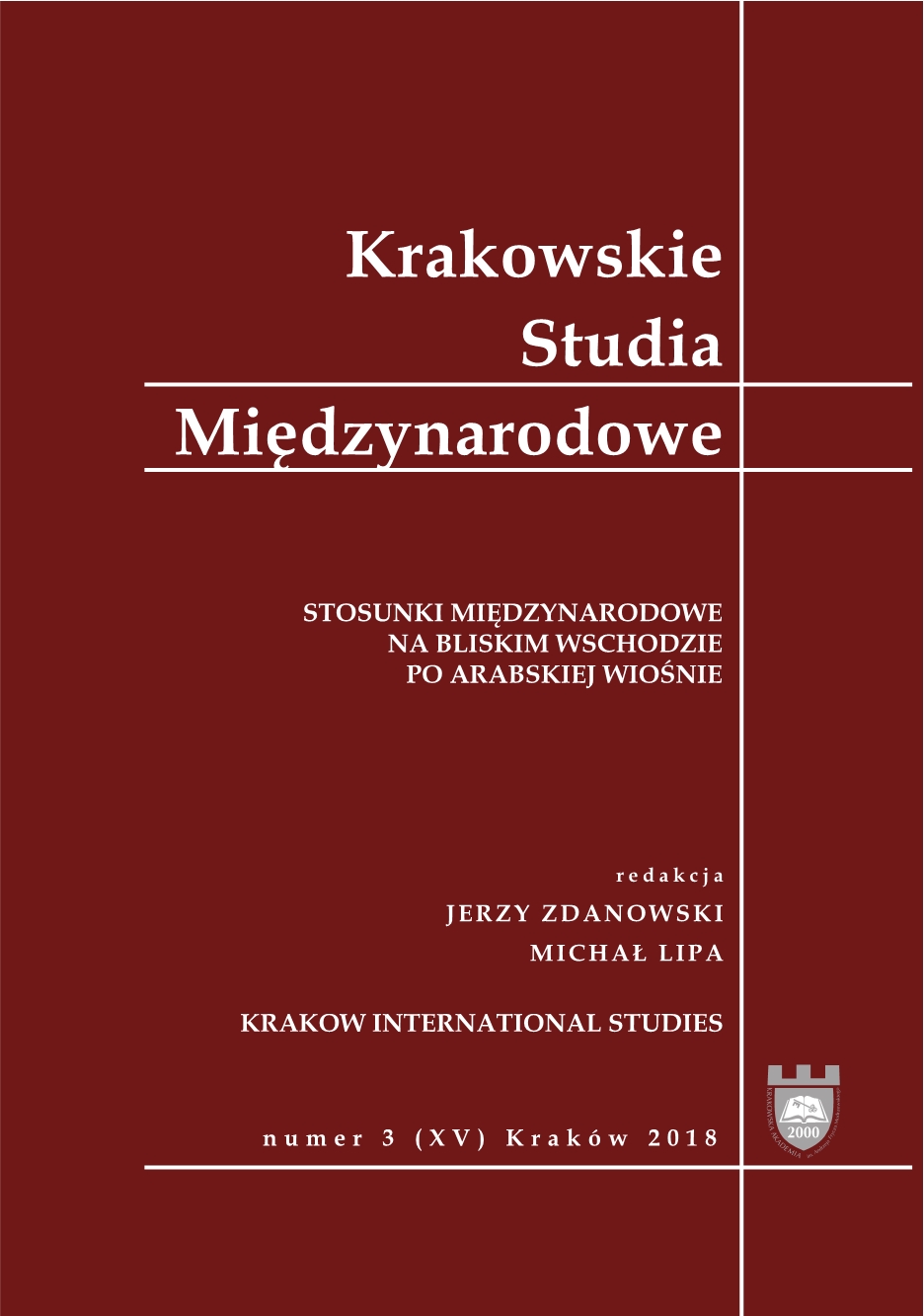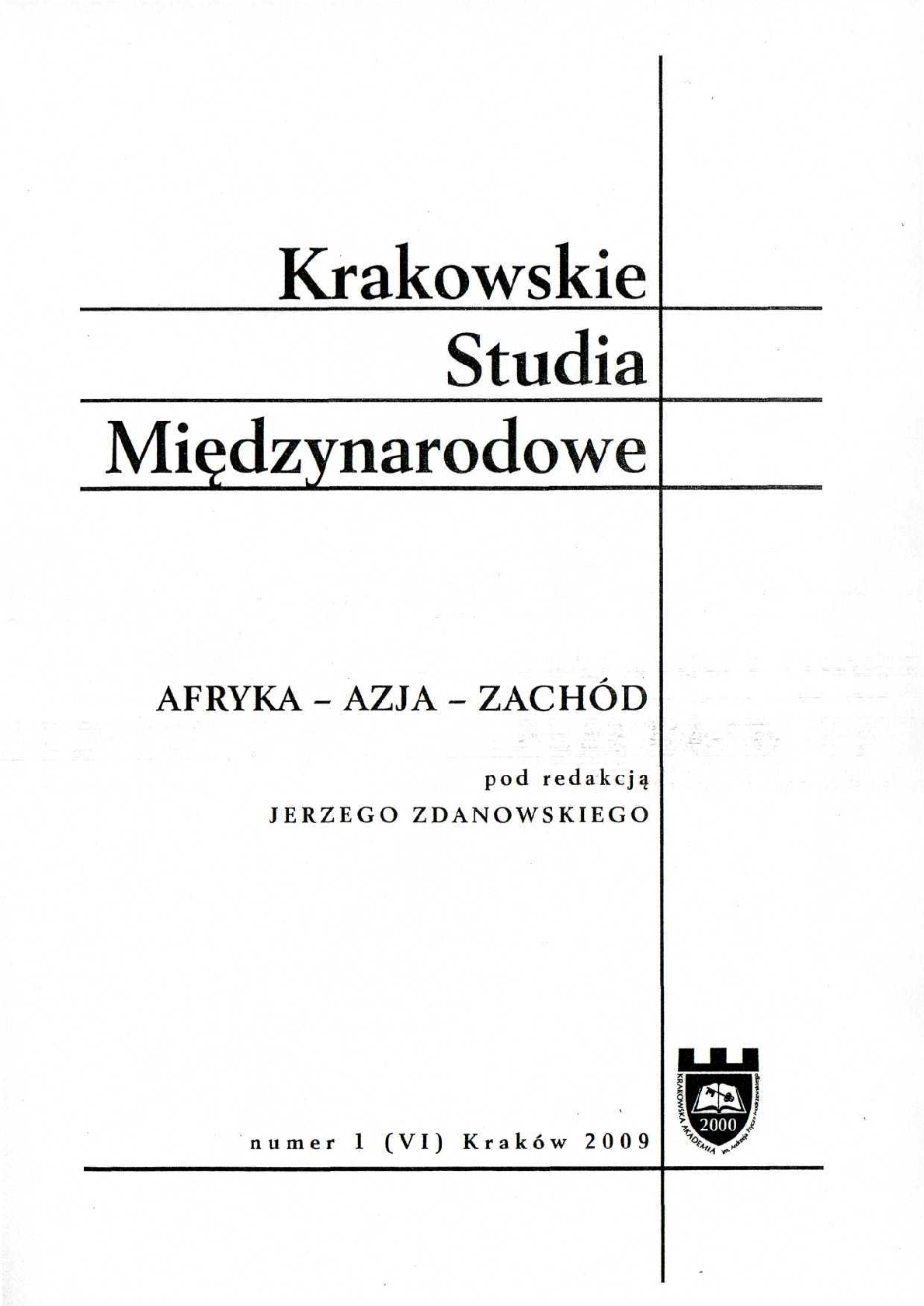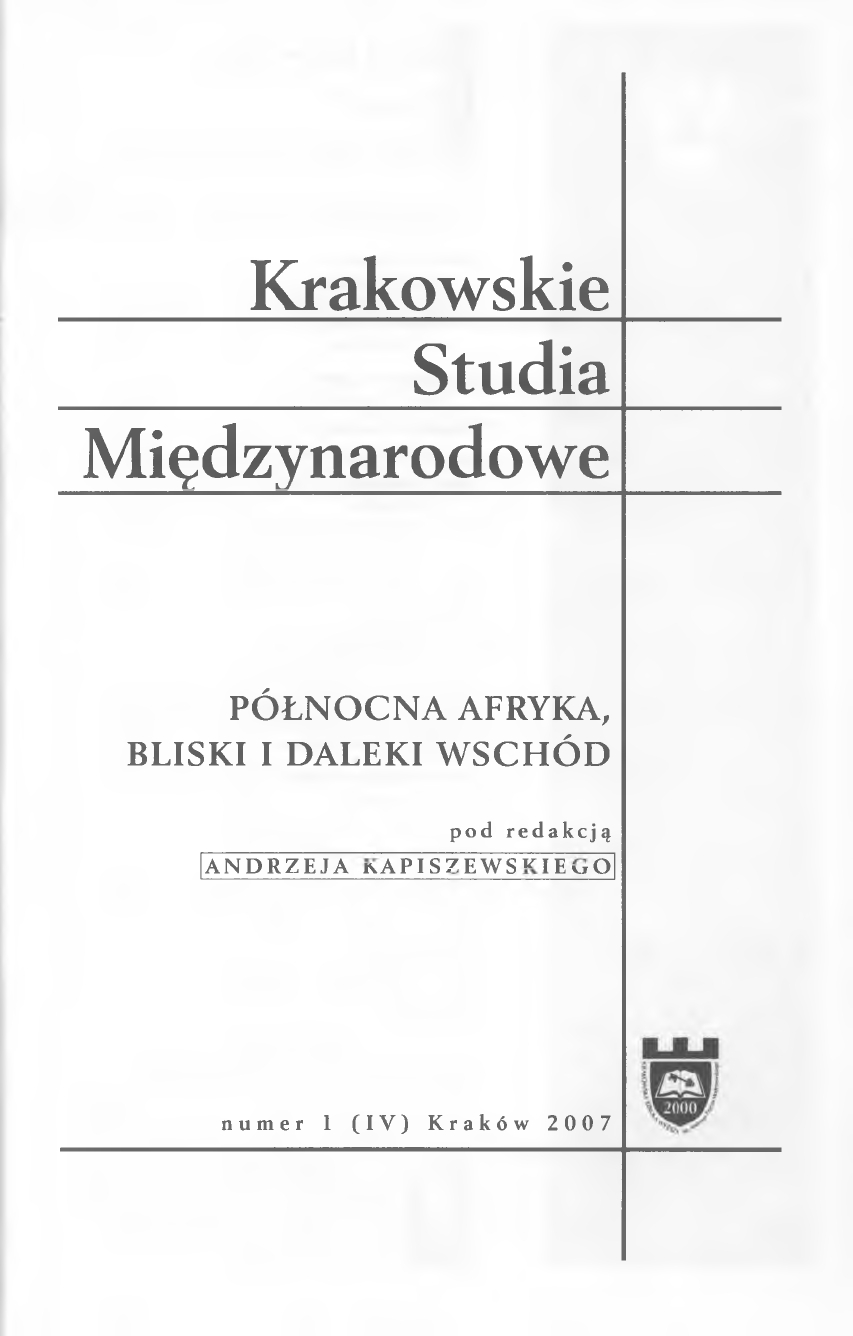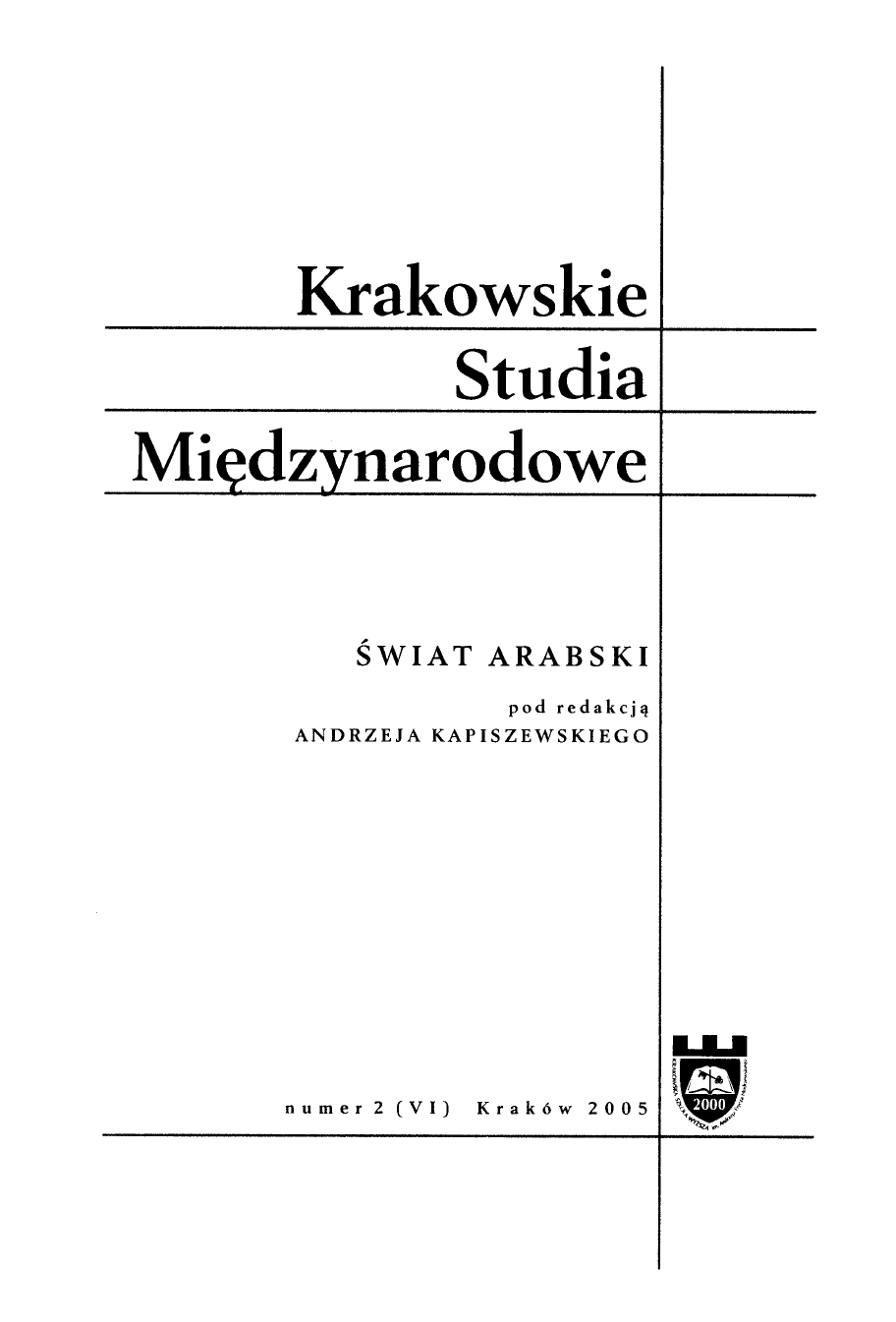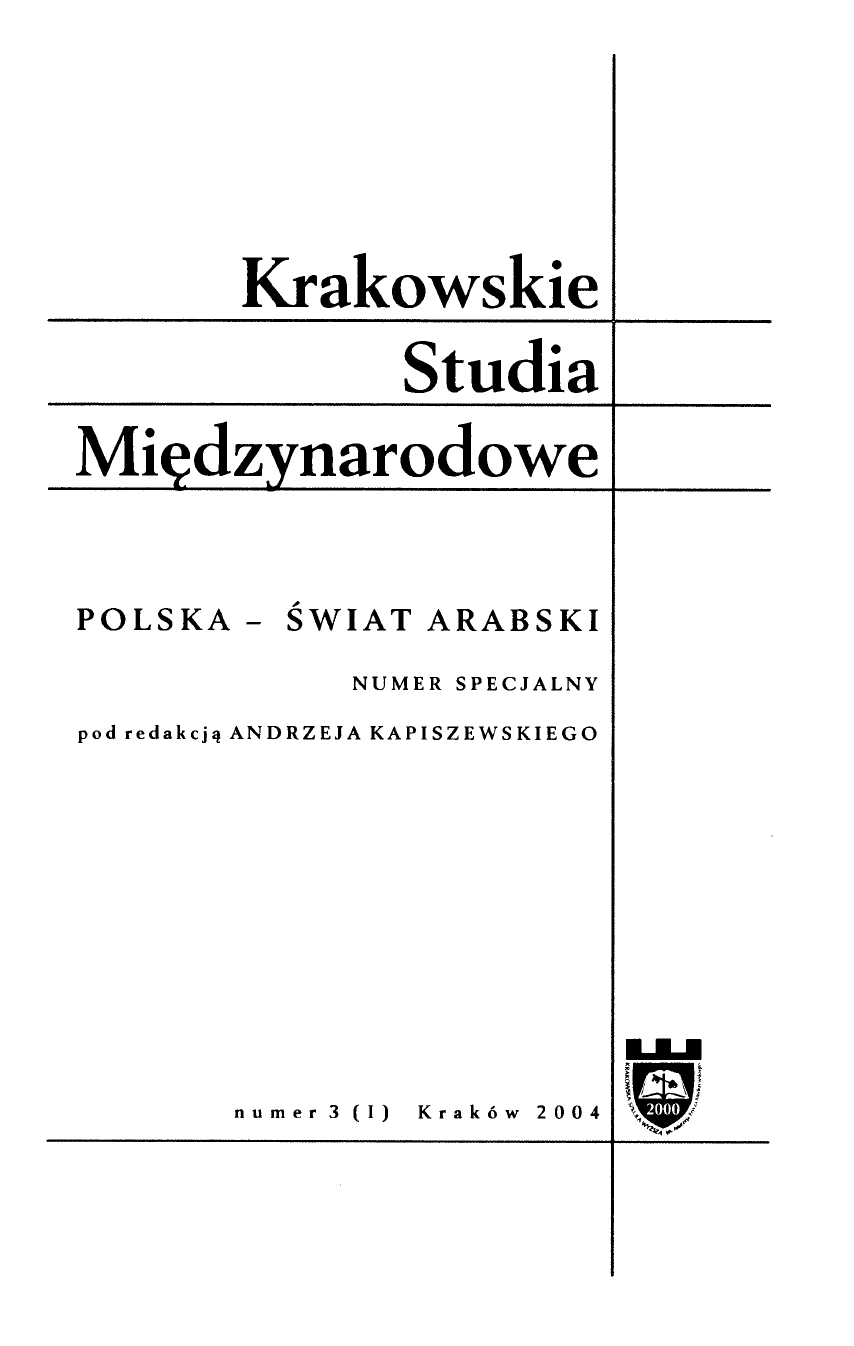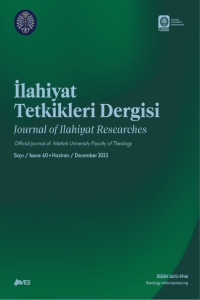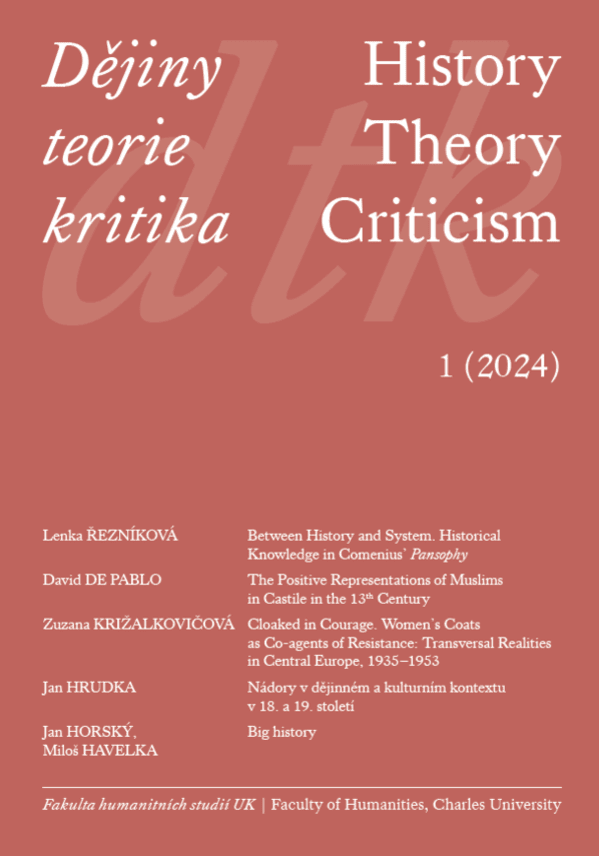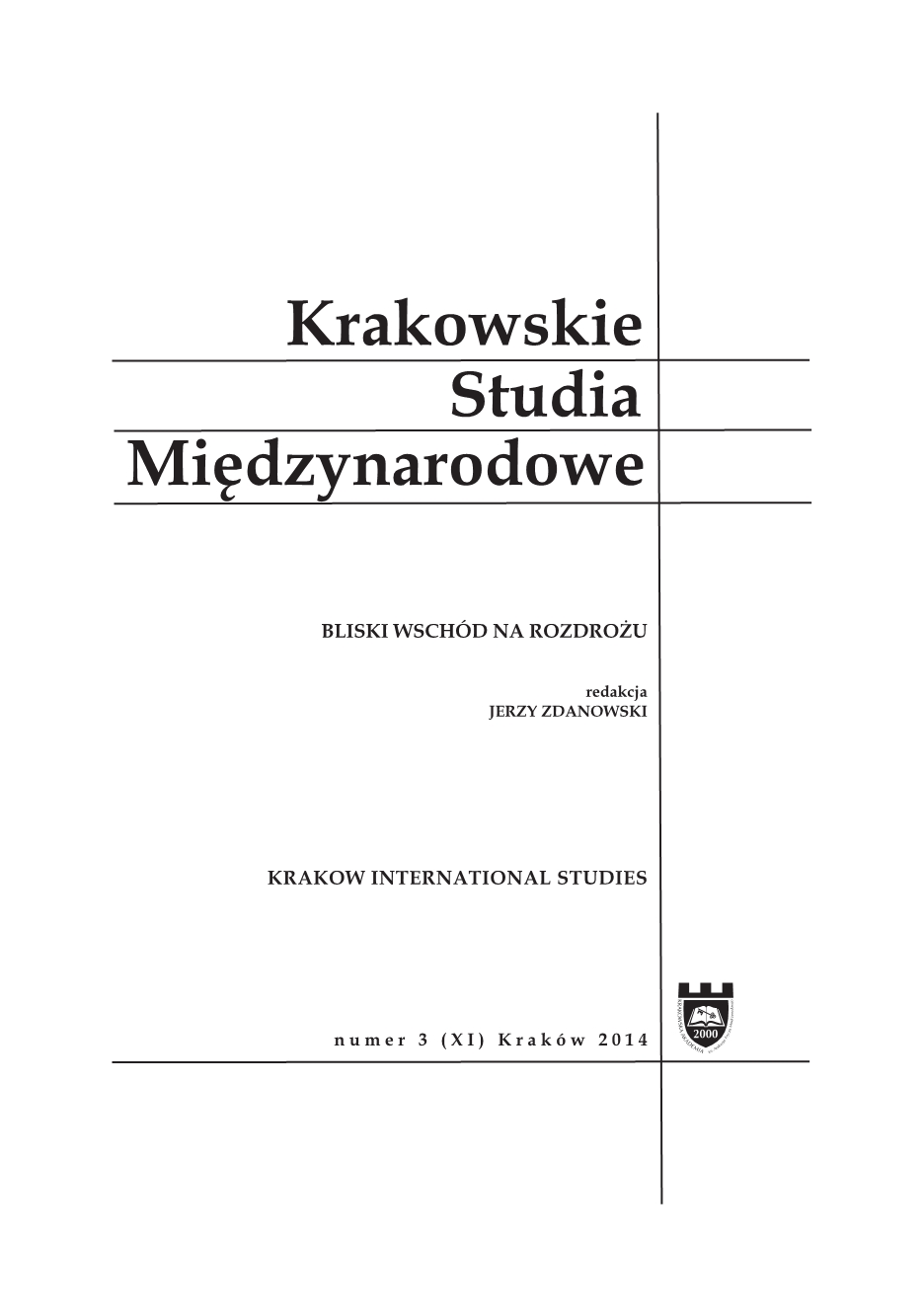
Demograficzny wymiar konfliktu izraelsko-palestyńskiego
This article is an attempt to show the impact of demographic processes on the Israeli-Palestinian conflict. The author characterized and described the demographic processes occurring in both communities. The study highlighs the importance of increasing proportion of non-Jewish citizens of Israel. A demand to recognize Israel as a Jewish state has been analysed. The article also describes a proposal to resolve the conflict through the creation of one state for two nations. The author also shows how demographics will affect relations between the two communities in the future.
More...
